If ebooks mean that readers' freedom must either increase or decrease, we must demand the increase
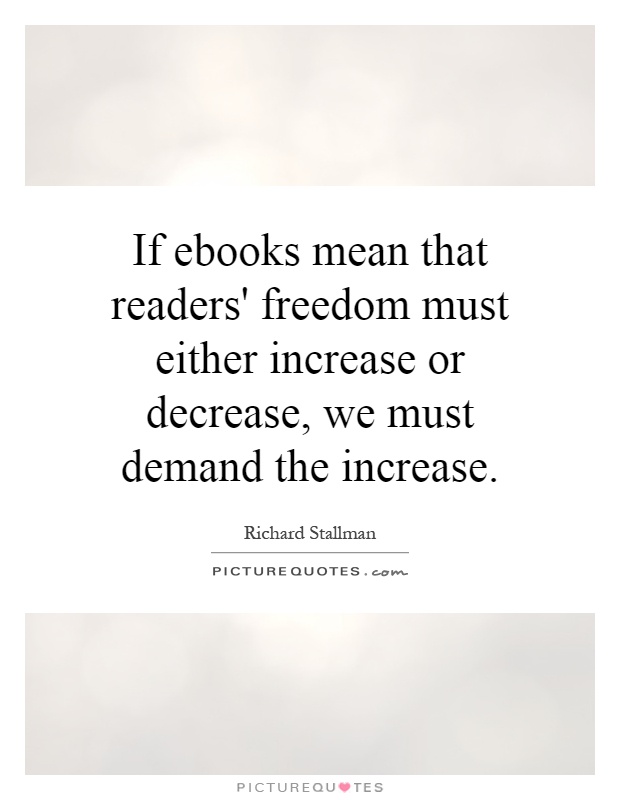
If ebooks mean that readers' freedom must either increase or decrease, we must demand the increase
Richard Stallman, a prominent advocate for free software and digital rights, has long been a vocal proponent of increasing readers' freedom in the digital age. As ebooks have become more prevalent in recent years, Stallman has argued that readers' freedom must not be compromised in the transition from physical books to digital formats. In his view, if ebooks mean that readers' freedom must either increase or decrease, we must demand the increase.Stallman's stance on this issue is rooted in his belief that individuals should have the freedom to access, share, and modify the content they consume. He has been critical of proprietary ebook formats that restrict users' ability to do so, arguing that such restrictions limit readers' freedom and undermine the principles of open access and information sharing.
One of the key concerns Stallman has raised is the use of digital rights management (DRM) technology in ebooks. DRM is a form of copy protection that limits how users can access and use digital content, often preventing them from making copies or sharing the material with others. Stallman has argued that DRM not only restricts readers' freedom but also undermines the concept of fair use, which allows individuals to use copyrighted material for purposes such as criticism, commentary, and education.
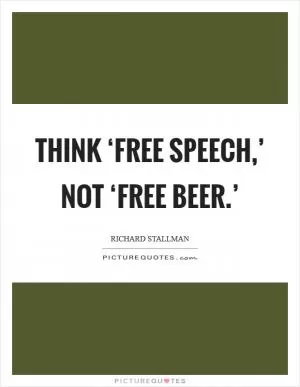
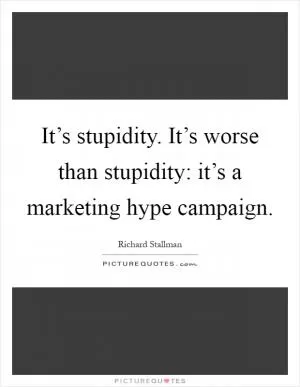
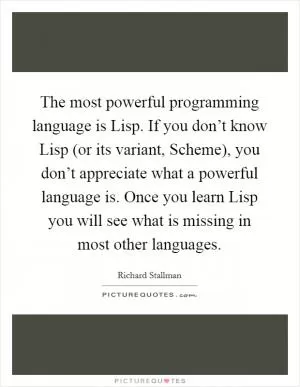

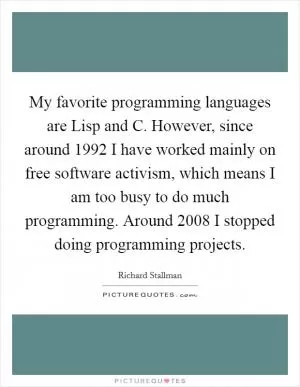
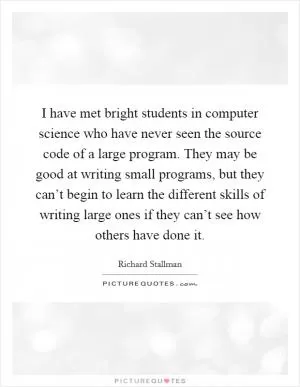
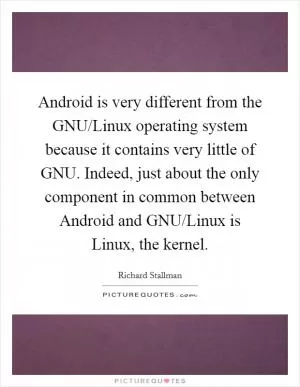

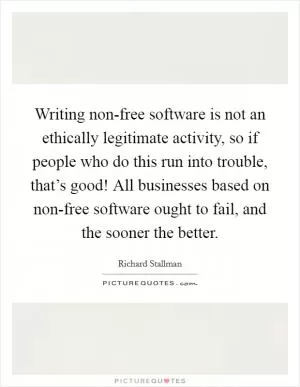

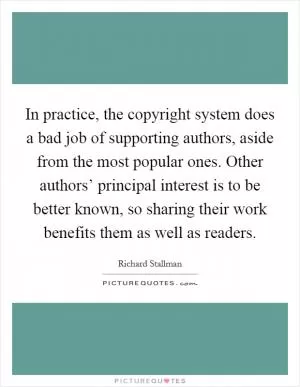
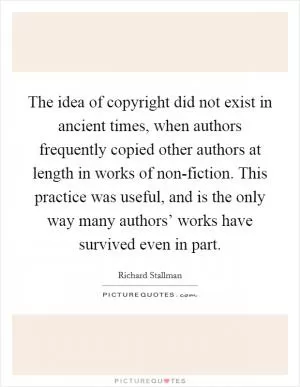
 Friendship Quotes
Friendship Quotes Love Quotes
Love Quotes Life Quotes
Life Quotes Funny Quotes
Funny Quotes Motivational Quotes
Motivational Quotes Inspirational Quotes
Inspirational Quotes